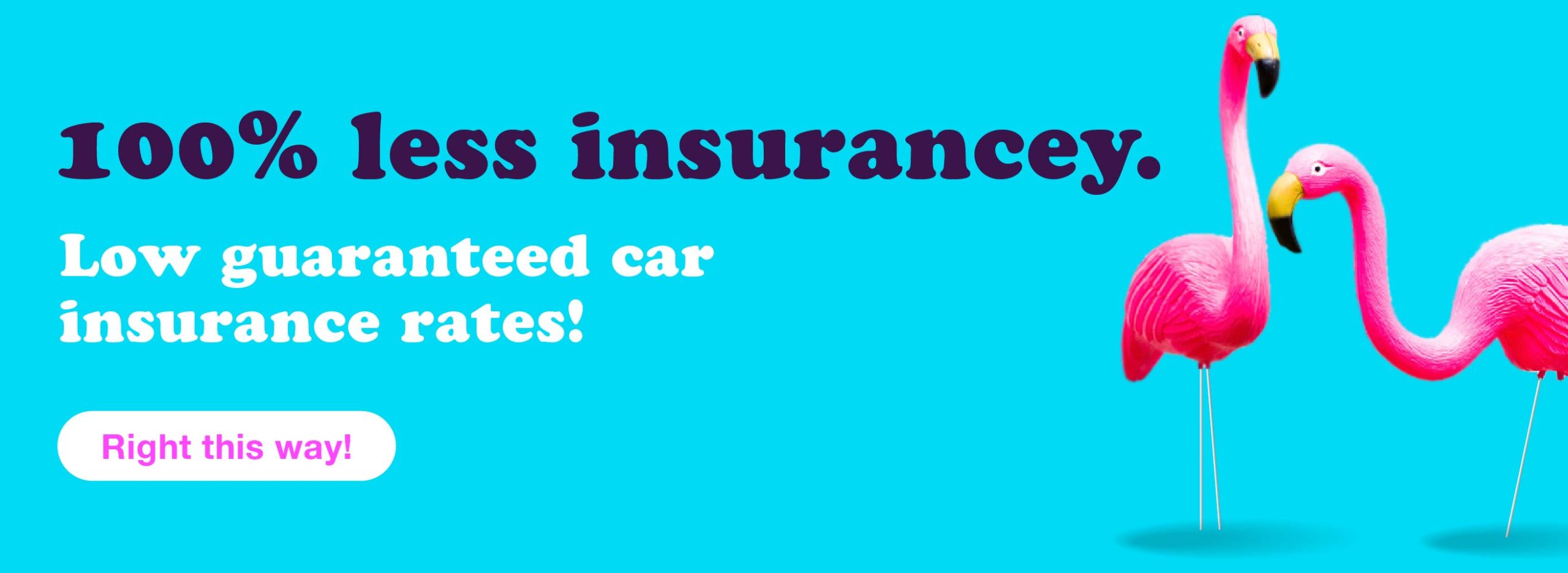One of the most common questions drivers have after a car accident is, “what now?” The answer is this: visit an Ontario Collision Reporting Centre within 24 hours to report the incident to the police. But if you’ve never been in an accident before, you probably have many questions about:
- Which reporting centre to visit.
- What to bring.
- How to prepare.
We’re going to answer all of these questions.
Gathering important information after an accident
Getting into a car accident is stressful and nerve-racking, but it’s important to stay calm and follow certain steps in the minutes and hours following the incident. Once you’ve ascertained that there are no injuries, like experiencing a sore neck after a car accident, you’ll have to assess and document any damage that’s happened to any of the vehicles involved.
If the combined damage is over $2,000 (including both vehicles), then you must report the incident to an Ontario Collision Reporting Centre. Write down the other driver’s details and any potential contributing factors as well, if you’re wondering what to do in a car accident.
Then exchange and document information with the other drivers involved, including:
- Name
- Address
- Contact information
- Driver’s license number
- License plate
- Vehicle information
- Vehicle insurance provider and policy number
Follow these steps to handle a hit and run, too:
- Write down every detail about the other vehicle, if you saw it or even heard it.
- Ask bystanders or people in the area if they witnessed anything. Record their contact info if so.
- Ask about security cameras in the area, especially if this was a parking lot car accident.
- Stay where you are and do not pursue the other driver.
- Report the incident to the police and wait for them to arrive on the scene.
- Report the incident to your insurance provider.
Preparing for your visit to a collision reporting centre
Ok, so you’ve just been in an accident and know you need to go to a Collision Reporting Centre, but what do you need to bring?
One of the most important things is your vehicle, even if you need to have it towed there, because an officer will inspect it for damage. Your insurer will use that information to decide if the car is a write-off or not. You’ll also need these items:
- Your driver’s license
- Your insurance policy number (and your pink slip!)
- Vehicle registration
- Any information you collected about the other driver(s) involved
- Contact info for witnesses or owners of security footage in the area.
If you took any photos, got any witness statements, or collected contact information from anybody who saw the accident, then make sure you bring all that as well
Determining which reporting centre to visit
Another common question that drivers have after an accident is, “can I visit any Collision Reporting Centre?” The answer, unfortunately, is no: even if you live in another city or province, you still have to file the report at a centre inside the municipality where the accident occurred. This can get tricky if you commute to work or take back roads, so it always pays off to ask an officer where you need to go.
If you’re not sure where the nearest reporting centre is, you can find a full list of Ontario’s locations here to find the closest city to where the accident happened.
You can file an accident report without involving your auto insurance provider
One thing that drivers often want to know is whether going to a reporting centre means your car insurance provider will automatically find out, but that’s not the case. If you don’t plan to make a claim and don’t want your insurance provider to know about the accident, know that you can do this (but if if it’s over $2,000 in damages then they’ll find out eventually anyway).
However, many insurance carriers make reporting car damage mandatory in their policy agreements, so it’s usually a good idea to do it anyway. Even if that doesn’t apply to your situation, you may find yourself in a pickle with your insurance carrier if they find out from someone other than you—such as the other driver’s insurance company.
Car accidents are frightening and unnerving, but being prepared for what comes next can help you stay calm in a scary situation. Just remember to collect as much information as possible at the accident scene, and then make your way to a Collision Reporting Centre as soon as possible with all your identification and registration, and all the information and evidence you collected at the scene of the accident.





